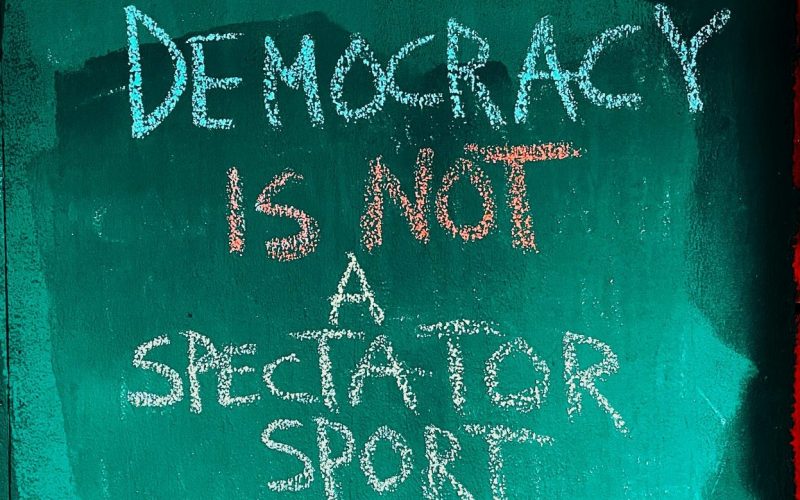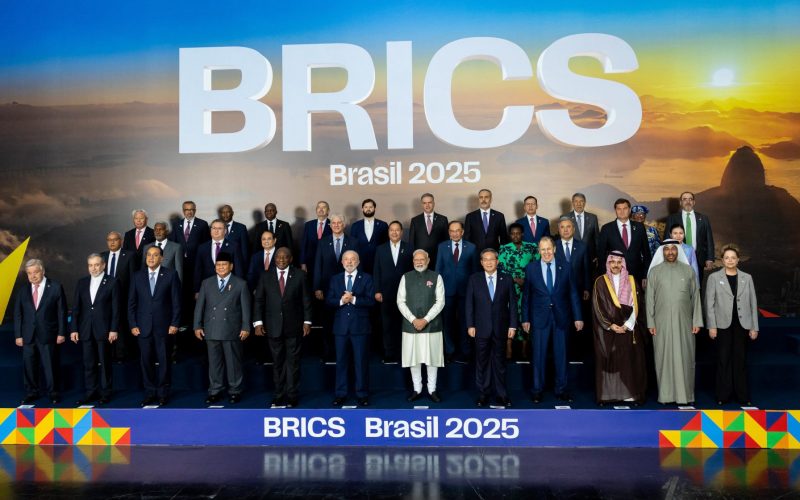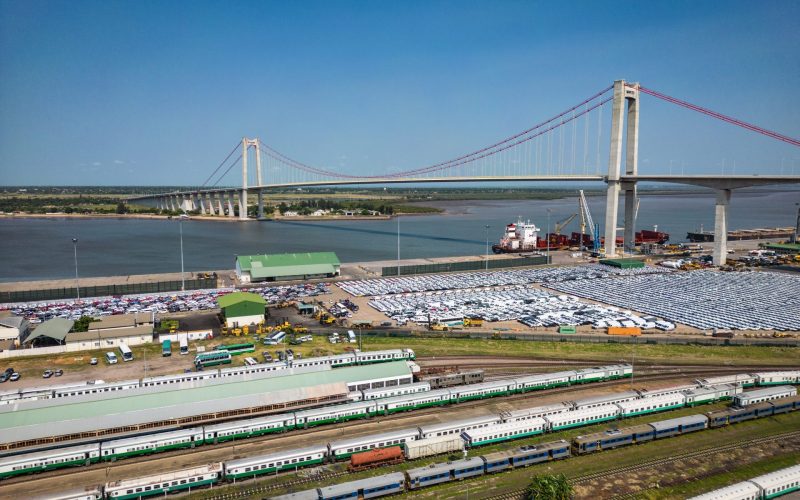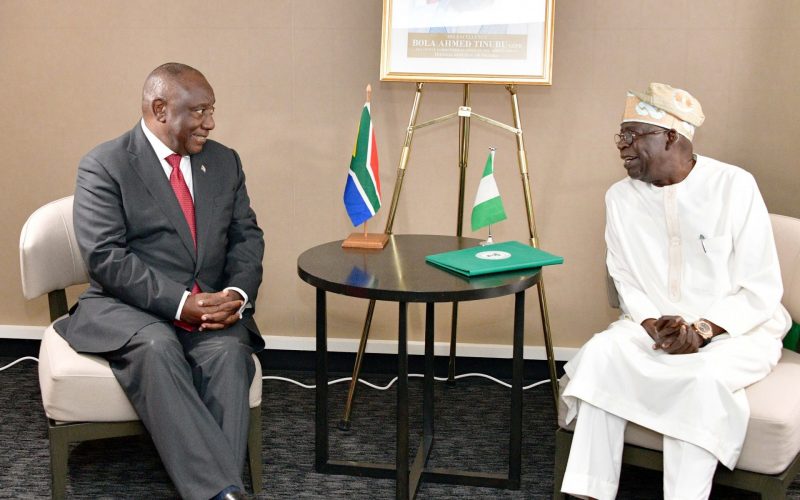This begs the question of whether Africa’s leaders are still committed to advancing good governance, accountability and transparency.
A recent continental meeting to discuss governance matters did not inspire confidence. Only three (out of a possible 35) presidents attended the meeting of the African Peer Review Mechanism (APRM) Forum on 29 January 2015 in Addis Ababa, Ethiopia. This was in spite of the announcement and endorsement of a number of key decisions, which have the potential to revive and strengthen the APRM – the continent’s premier home-grown governance assessment and improvement tool.
This low turn-out has been a disturbing trend in meetings of the APR Forum – the mechanism’s highest decision-making body, composed of the participating heads of state and government. This time, even the Forum chairperson was absent, although understandably Liberian President Ellen Johnson Sirleaf was at home dealing with the Ebola crisis. Apart from South Africa’s President Jacob Zuma, who chaired the meeting, only two other heads of state attended: Equatorial Guinea’s President Teodoro Obiang Nguema Mbasogo and Ivorian President Alassane Ouattara. The former country joined the APRM exactly one year ago, while the latter became the 35th state to voluntarily accede. The Forum decided to appoint a deputy chairperson, Kenyan President Uhuru Kenyatta, in absentia.
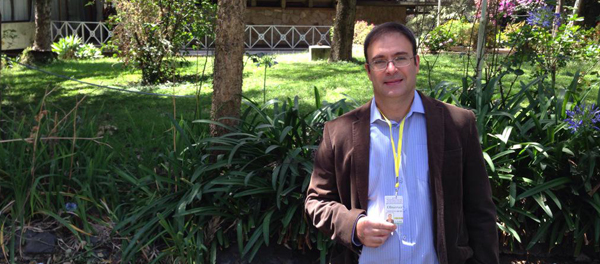
Authors Steven Gruzd (pictured above with APR Forum accreditation) and Yarik Turianskyi
were in Addis Ababa for the APRM Forum.
The Ivorian leader highlighted successes in his country since he took office in 2011 (after disputed elections that eventually ended the rule of President Laurent Gbagbo). He mentioned legitimate presidential and legislative elections, and polls at municipal and regional levels; economic growth of 9% per year, and inflation below 2%; increased agricultural exports and growing investments in infrastructure, all of which were improving the lives of Ivorians. However, it is important to note that that an APRM review looks beyond just the tenure of a sitting government and takes a longer, historical and structural view of the governance landscape. It is an opportunity to articulate and diagnose serious governance gaps.
Despite both Benin and Sierra Leone being scheduled to present progress reports on the implementation of their National Programmes of Action – the remedial action plans that emerge from the review – these reports were not tabled.
Two new members of the APRM’s Panel of Eminent Persons were announced – former South African Minister of Justice and Constitutional Development Brigitte Mabandla, and Chief (Mrs) Chinyere E Asika from Nigeria, whose many posts include being a former presidential advisor on the New Partnership for Africa’s Development (NEPAD). This shows continuity and integration between the APRM and NEPAD; the ‘soft’ infrastructure of governance matters as much as ‘hard’ infrastructure like roads, railways and airports.
In a welcome innovation, there was live tweeting from the Forum by the official @APRMorg Twitter account, enhancing both immediacy and greater transparency, especially because civil society representatives were asked to leave when the closed session started, and thus were not present when key announcements were made.
A much-anticipated announcement was the appointment of Professor Adebayo Olukoshi as the new chief executive officer of the APRM Secretariat based in Midrand. Since June 2014, the Secretariat has been under the stewardship of Dr Ibrahim Mayaki, who heads up the NEPAD Policy Coordinating Agency, as acting CEO. Dr Mayaki was commended for sterling work in stabilising the APRM by the chairperson. One of the main tasks in this interim period was the recruitment of the new CEO, a task outsourced to a professional South African-based recruitment agency. Reportedly over 200 applications were received for the CEO position.
OIukoshi is a respected Nigerian academic, who recently was director of the UN African Institute for Economic Development and Planning in Dakar, Senegal, and formerly was executive secretary of the Council for the Development of Social Science Research in Africa (CODESRIA). He will need to revive the mechanism’s image and its funding. President Zuma noted that ‘the Secretariat faces a projected [budget] shortfall’, and urged states to pay their dues and contribute more than the stipulated USD $100,000 per annum where possible. Contributions from development partners have largely dried up.
Enthusiasm around the APRM has been declining in recent years, with fewer new countries joining and fewer reviews taking place. What started out as an initiative that could transform Africa became an overly complex and technical academic review, with member states seemingly lacking the political will to implement proposed changes. It will be up to the new CEO and his team to demonstrate that there is still energy and drive in the APRM project, and to demonstrate tangible governance results. He will need to strategise how to re-engage the continent’s leaders to actively participate. And he will have to raise serious funding to fulfil the APRM’s potential aspirations.
The APRM takes a holistic view of governance, focusing on politics, economic, corporate and development matters. It does not prioritise one thematic area over the other and the 17 country reports which have been published so far provide a balanced and detailed analysis of what’s right and what’s wrong in the country. While economic growth is important, effective political governance is necessary to ensure that its gains are not lost to corruption and maladministration and that development benefits all equally.
Some African 18 elections are scheduled for 2015, and attempts to extend constitutional terms remains a critical issue – as witnessed in Burkina Faso last year. As citizens become economically well-off, they are also likely to demand more rights and liberties.
The APRM is the only continental tool that has the potential to improve all governance aspects in its member states, which is why Africa cannot afford for this governance experiment to fail.
Steven Gruzd is the head of the Governance and APRM Programme at the South African Institute of International Affairs, and Yarik Turianskyi is the programme manager. They were in Addis Ababa for the APRM Forum.





